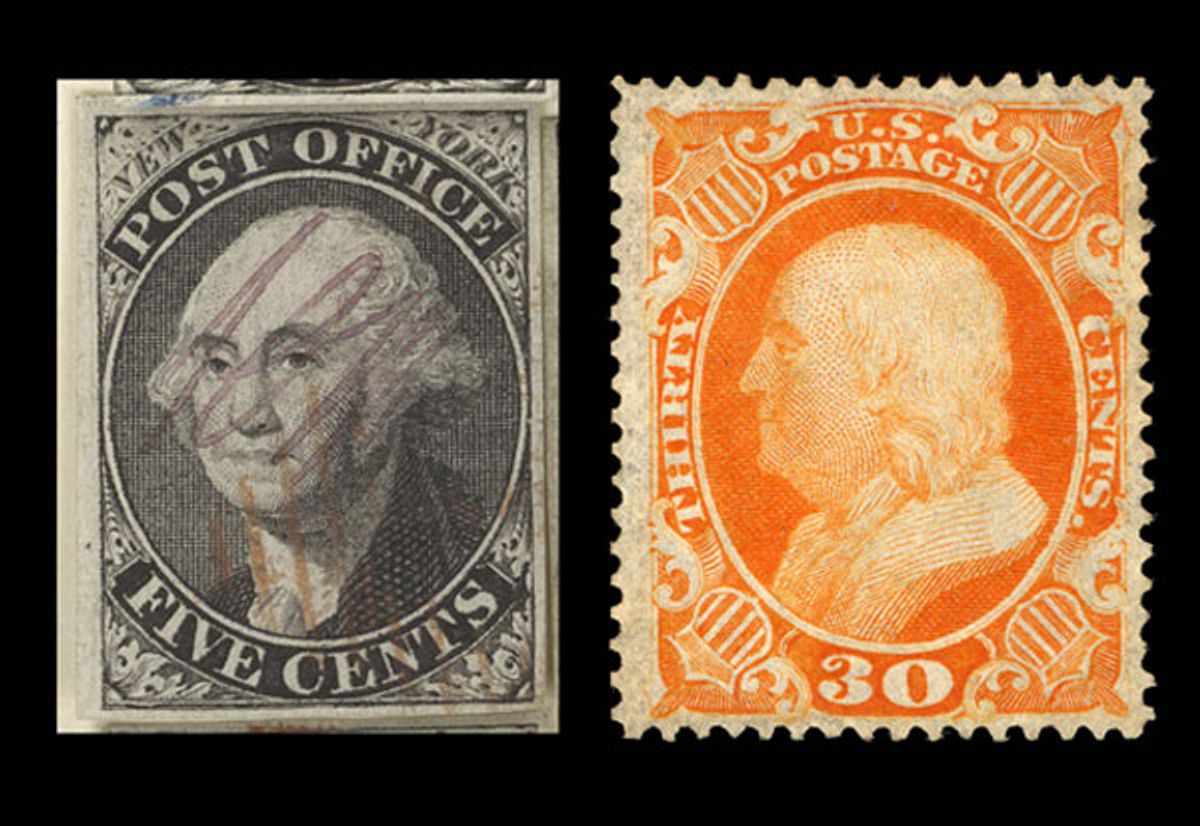The weight of its history and sheer scale of its modern network are evidently insufficient to guarantee the U.S. Postal Service solvency in the Internet age.
The New York Times reported Sunday that "the [United States Postal Service] is so low on cash that it will not be able to make a $5.5 billion payment due this month and may have to shut down entirely this winter unless Congress takes emergency action to stabilize its finances." The USPS is already looking to end mail delivery on Saturdays and shutter thousands of branches, among other emergency actions, the paper said -- and it will likely run into major labor problems if employees' jobs or benefits are cut.
Proposals to save the struggling service have been floated, but no specific road map to salvation has yet been approved.
The colorful and often surprising story of the Postal Service, from its roughshod early incarnations to its machine-powered modernity, is chronicled in the Smithsonian's National Postal Museum in Washington, D.C. To celebrate the agency's past -- and mourn its current predicament -- we've collected just a few of the museum's fascinating objects in a slide show.
The items and images shown here will take you from the days of the Pony Express (c. 1860) and the inauguration of rural free delivery (1902), past the era of patriotic wartime iconography and straight into the present, when colorful, adhesive stamps carry a lifetime value guarantee. Along the way, you'll get a glimpse of some genuine historical curios -- such as a colorful package of snuff that was dispatched by a mystery sender at the turn of the century, never to reach its (equally mysterious) destination.
All images and captions appear courtesy of the National Postal Museum, and are drawn from its online gallery, Arago.

Shares